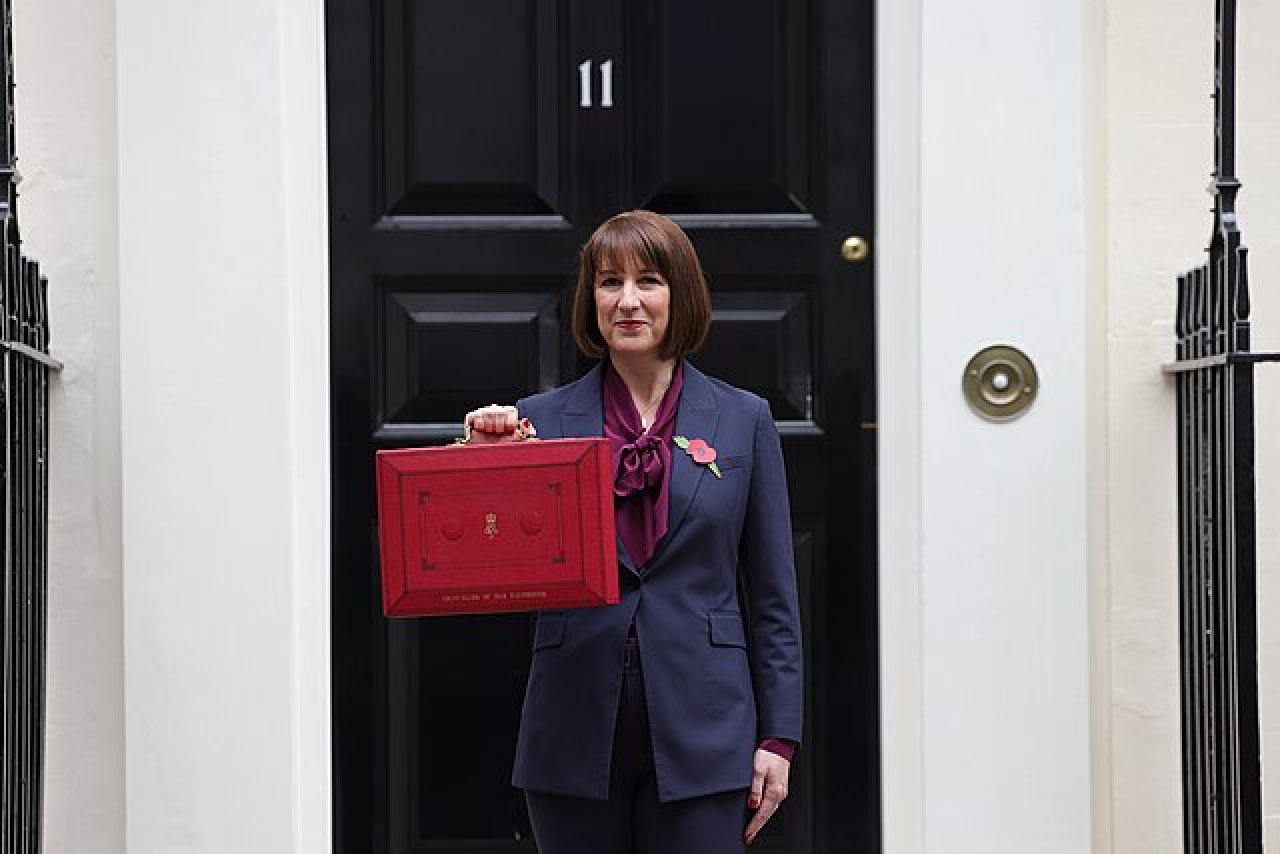Services tailored to you...
With over five decades’ experience serving a diverse range of clients in the South West, we possess an unbeatable depth of knowledge across a wide range of industry sectors.
Our specialist partners and teams can provide expert advice on everything from farming and agriculture, to military tax allowances. We’re here to help you make the most of your planning opportunities so that you can grow with confidence.
- Home
- > News
- > Raising £40 Billion in Tax - A summary of the key measures announced in Labour's Budget 2024
After weeks of speculation, the Labour Budget 2024 has landed. As Rachel Reeves delivered the first Budget by a female Chancellor there was a moment of consensus in the house as she declared ‘to girls and women everywhere I say let there be no ceiling on your ambition, your hopes, and dreams’. Thereafter normal service resumed as Reeves made her case that the previous Conservative government was responsible for the £40 billion of tax-raising measures she was about to announce. This charge is denied by former Chancellor Jeremy Hunt who has accused the independent Office for Budget Responsibility of "political impartiality" – we will see how the politics plays out over the next few months.
So how does the Chancellor plan to raise £40 billion in taxes?
Burden on employers
Employers are set to bear much of the initial pain from the Labour Budget 2024. A reduction in the threshold at which employers’ national insurance contributions become payable from £9,100 to £5,000 means an additional employment cost of up to £615 per employee per annum. This is in addition to an increase in the rate of Employers’ NICs to 15% (from 13.8%). An increased employment allowance may somewhat protect smaller employers. This measure alone will provide £25 billion towards her £40 billion goal, the Chancellor has stated.
Coupled with the increases to the National Living Wage and National Minimum Wage announced the day previous this presents a significant increase in the cost of labour. The consensus is that this will have secondary effects on salary increases as employers seek to manage their costs.
Increased taxes
It was well trailed that capital gains tax (CGT) would be increasing, and it is. Albeit perhaps not by as much as feared by some. The lower rate of CGT will rise to 18% from 10% and the higher rate to 24% from 20%. The rate on residential property will remain at 24% - presumably as analysis shows this will yield the maximum revenue for HM Revenue & Customs. The Chancellor did announce an increase in the Stamp Duty Land Tax surcharge payable of additional properties, including second homes, to 5% (from 3%).
Business Asset Disposal Relief which provides a beneficial 10% tax relief for business owners survives initially but the rate will increase to 14% in 2025/26 and 18% in 2026/27.
Other tax-raising measures include significant changes to the Inheritance Tax (IHT) regime. Private pensions will now be subject to the tax and £1m limits to Agricultural and Business Reliefs are being introduced. The impact of these measures on family businesses generally, and family farms specifically, are likely to be significant.
As expected, Reeves confirmed that VAT becomes payable on private school fees from January 2025 and, despite some reports that she was reconsidering the position she also announced that the ‘non-dom’ tax regime is to be removed completely and replaced with a residency-based approach.
Additional measures
As has almost become traditional, the fuel duty freeze will continue, and the Chancellor pledged to cut duty on draught alcohol meaning ‘a penny off pints at the pubs’. Perhaps more surprisingly Reeves announced that the freeze on income tax and National Insurance thresholds will not be extended beyond 2028 – something for us all to look forward to in four years’ time!
